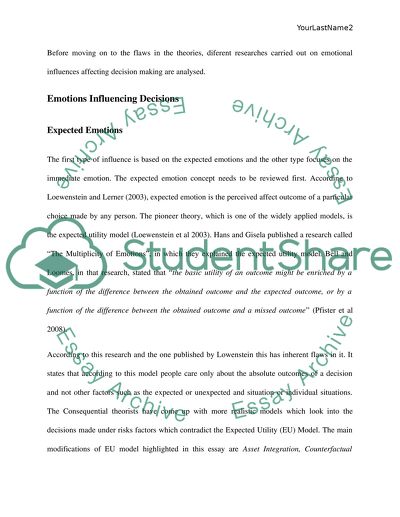Cite this document
(“In what ways do emotions affect our decision making Critically Essay”, n.d.)
Retrieved from https://studentshare.org/psychology/1440605-in-what-ways-do-emotions-affect-our-decision
Retrieved from https://studentshare.org/psychology/1440605-in-what-ways-do-emotions-affect-our-decision
(In What Ways Do Emotions Affect Our Decision Making Critically Essay)
https://studentshare.org/psychology/1440605-in-what-ways-do-emotions-affect-our-decision.
https://studentshare.org/psychology/1440605-in-what-ways-do-emotions-affect-our-decision.
“In What Ways Do Emotions Affect Our Decision Making Critically Essay”, n.d. https://studentshare.org/psychology/1440605-in-what-ways-do-emotions-affect-our-decision.


